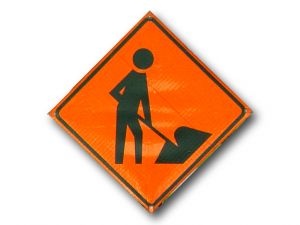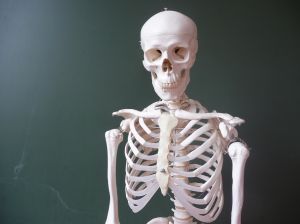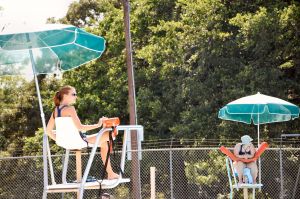Two New England companies face a number of work safety violations. These violations bring up the importance of work safety in Massachusetts. These two companies received a number of citations and thousands of dollars in fines for failing to take the proper steps to keep employees safe on the job and at theirwork sites.

The first of the long list of citations were handed down by the U.S. Department of Labor to Summer and Winter Construction LLC, a Pittsfield, N.H., roofing contractor. These serious violations came with nearly $90,000 in proposed fines. These proposed fines come from the department’s Occupational Safety and Health Administration after the company reportedly failed to take the proper safety measures to reduce the risk of a work accident.
Our Boston workers’ compensation attorneys can’t stress the important of workplace safety enough. It is all too often that workplace injuries and fatalities occur because an employer neglects to take the proper safety precautions to keep employees safe. It is in these cases that they can face serious citations and penalties from OSHA and can face serious legal issues if an injury does occur to an employee on the job.
The company originally faced the fines from September of 2009 after inspections revealed that employees of the company were exposed to falls of up to 16 feet and to other hazards at work sites. The penalties and citations reflect the seriousness of the hazards and the company’s history of previous violations.
“Employers should be aware that the Department of Labor will actively pursue appropriate legal measures to protect the lives and well-being of America’s workers when their employers fail to do so,” said Michael Felsen, the Labor Department’s regional solicitor for New England.
These citations and fines are just now being resolved between the two parties because the company contested the violations. Administrative Law Judge Dennis L. Phillips conducted a hearing and issued a decision affirming the citations and ordering the roofing company to pay the penalties.
“This verdict is a complete victory for workers in New Hampshire and elsewhere,” said Marthe Kent, OSHA’s New England regional administrator. “Employers that repeatedly fail to supply basic, common-sense safeguards will face legal consequences, just as their employees can face death or disabling injuries when such safeguards are absent from their workplaces.”
A second company, The Hartford Financial Services Group Inc. and Grubb & Ellis Management, was slapped with a number of violations for exposing workers to electrical hazards. OSHA discovered that company’s data center policy required electricians employed by its maintenance contractor, Grubb & Ellis, to perform their work in live electrical panels for computer equipment without first de-energizing the panels, as required under the agency’s standards. Grubb & Ellis, for its part, failed to de-energize the electrical panels before having its employees perform installation work and grid upgrades on them, according to a recent news release.
“What employers must understand is that they or their contractors must first de-energize electrical equipment and circuits before employees work on them,” said Paul Mangiafico, OSHA’s area director in Hartford. “Working on live electrical equipment needlessly exposes workers to potential death or disabling injury from arc flash, arc blast or electric shock. Proper and effective safeguards must be in place and in use at all times.”
Employees were not trained on protective equipment needed to guard against electrical hazards and electrical safe work practices. The company also lacked specific hazardous energy control procedures meant to prevent the activation of, or the release of hazardous energy from equipment during maintenance and repair work. It also reportedly failed to develop and train employees on hazardous energy procedures and control for safely removing, using and applying energy control devices.
The Hartford, as the creating and controlling employer, was given a serious citation. This citation was for the maximum fine of $7,000, for requiring employees to work on live panels. Grubb & Ellis was handed six serious citations. These six citations totaled $34,000 in fines, for additional electrical and energy control hazards.
Continue reading
 Massachusetts Workers Compensation Lawyers Blog
Massachusetts Workers Compensation Lawyers Blog










